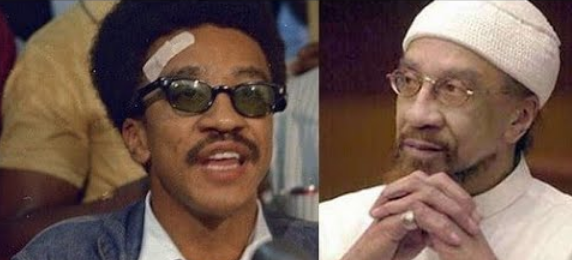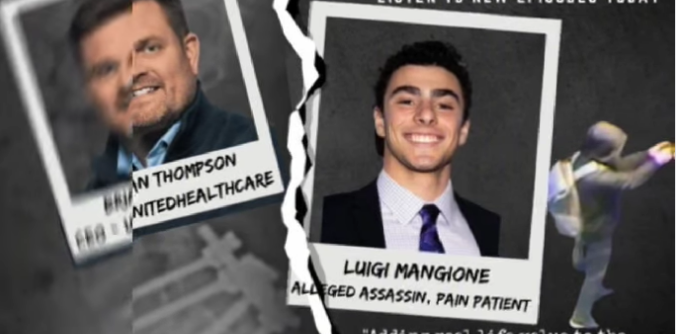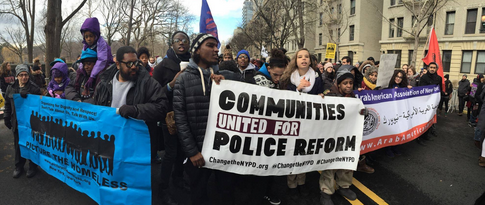Photo: YouTube
America is facing an overwhelming legislative assault on voting rights. As of February 19, more than 253 bills restricting voting access had been carried over, prefiled, or introduced in 43 states, and the number is rising.
Already, two of these bills have passed, and many are moving aggressively through state legislatures. Fueled by the Big Lie of widespread voter fraud and often discriminatory in design, these bills have the potential to dramatically reduce voting access, especially for Black and brown voters.
This legislative campaign to suppress the vote can — and must — be stopped by Congress. The Brennan Center has analyzed each of the restrictive voting bills pending in the states and concludes that The For the People Act (H.R. 1/S. 1) would thwart virtually every single one. The For the People Act, which passed the United States House of Representatives in early March, is a transformative bill that would expand voting rights and strengthen our democracy.
The landmark legislation would create a national baseline for voting access that every American can rely on, and it would foil state efforts to manipulate voting rules to exclude eligible voters or create discriminatory outcomes. As President Biden said on the anniversary of Bloody Sunday, the For the People Act is “urgently needed to protect the right to vote, the integrity of our elections, and to repair and strengthen our democracy.”
Along with the John Lewis Voting Rights Advancement Act, it includes all of the critical reforms needed to prevent voter suppression. Amidst a withering attack on voting rights in nearly every state, the Senate must now get to work and pass this bill into law.
The John Lewis Voting Rights Advancement Act would also address many of these bills to the extent that they are discriminatory. It would modernize the Voting Rights Act and restore the requirement that certain states and localities with a history of voting discrimination get prior federal approval — or “preclearance” — of any changes to their voting rules and practices to make sure that they are not discriminatory.
It would also require all jurisdictions in the country to submit for preclearance any “covered practices,” meaning those practices, such as strict voter ID laws and polling place closures in communities of color, that have typically been implemented for a discriminatory purpose or have had discriminatory effects.







